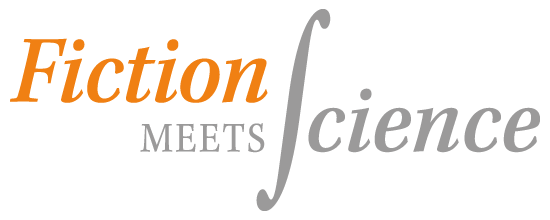June 2015 Meeting
Rm A3570, Build GW2, University of Bremen
The past few decades have seen an avalanche of
measures designed to gain public trust in science—from science
"popularization" and PR campaigns to new efforts at "science
communication"—and a surge in narrative or "popular science"
literature penned by scientists and journalists. But both the results and the
goals of such didactic efforts remain in question (Bauer et al. 2007; Broks
2006). Scientific literacy is not achieved through a simple one-way flow of
information, but through the construction of meaning—not by an uncritical
public sympathy for science, but by comprehension and empathy, in its broadest
sense. And this is where the arts, and in particular the novel, may fulfill a
need that is not met by reportage or PR…“
FMS Concept Paper, 2013
Meeting Agenda:
1) Presentation by Professor Lewenstein about the popular science genre in the U.S. and an overview of his work on what such books do or don’t do in the way of communicating science, however he defines that. For a bit of a preview, some of you might want to take a look at the short paper I’ve attached, or browse through the publication list and research and projects page on his website.
2) Short comments from FMS members on what their individual projects may (or may not) be revealing about the potential of science novels to affect readers’ perceptions of or engagement with science and, indirectly, public discourse on science. Based on our text or reception analyses of examples from our corpus, what can or does fiction about science do in terms of affecting perceptions of, feelings about, knowledge of, or engagement with science? How do these works function? What might readers glean about gender in science, or scientific practice, or actual scientific knowledge, or the interplay between the scientific and other societal spheres from these examples?
3) Open discussion in which we compare what the popular science books do with what science novels do. Our on-going discussion of reality and plausibility is likely to play a role here. Is such a comparison of interest for a future FMS project or projects…

